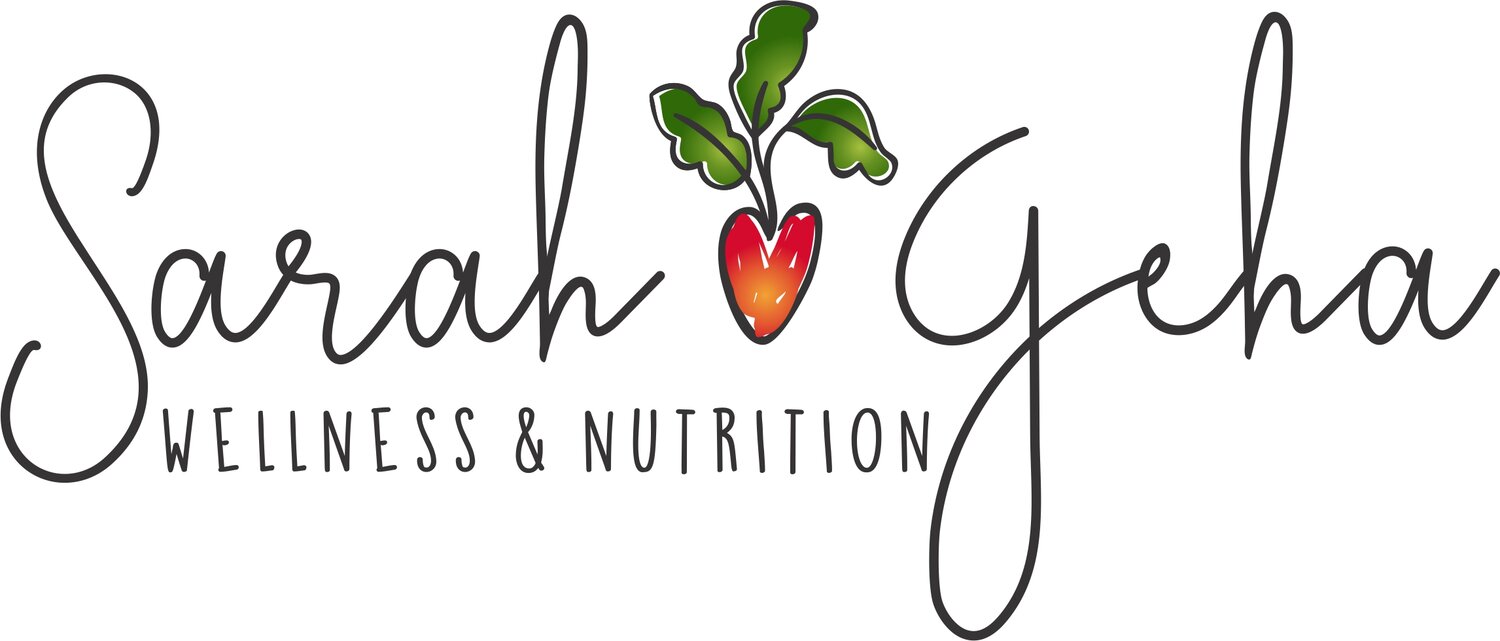5 Easy Steps to Reduce Your Exposure to Toxins
/We live in a world filled with hidden toxins—many of which we unknowingly bring into our daily lives. From the water we drink to the receipts we handle, harmful chemicals can accumulate in our bodies and lead to long-term health issues. The bad news is, these chemicals are seemingly everywhere. The good news is, making changes can significantly reduce your exposure to these toxins. Below are five specific, and relatively easy, changes you can make to limit your exposure and protect your health.
Before we address some easy changes, let’s discuss what “endocrine-disrupting toxins” means. Your endocrine system is your hormone system. Endocrine-disrupting toxins interfere with the body’s hormonal balance by either mimicking your own hormones (like xenoestrogens) or blocking your natural hormones (such as thyroid hormones, progesterone, estrogen and testosterone). These disruptions can lead to low sex hormone status, fatigue, weight gain, brain fog, irritability, infertility, irregular menstrual cycles, lower sperm count, erectile dysfunction, early puberty in young children, and so much more. These chemicals have been linked to obesity by altering metabolism and increasing your fat storage. Studies also show a strong connection between endocrine disruptors and hormone-driven cancers, such as breast, prostate, and ovarian cancer. Other serious risks include thyroid dysfunction, developmental issues in children, neurological disorders such as dementia, and immune system suppression. Examples of common endocrine-disrupting hormones include BPA, BPS, phthalates, and flame retardants.
Below are five simple changes you can start out with. More suggestions will follow in future posts!
1. Take Off Your Shoes When You Come Inside
Your shoes pick up far more than just dirt when you walk outside. Sidewalks, streets, and store floors are covered in pesticides, heavy metals, bacteria, and even dog poop! Studies have shown that pesticides and other toxins can be tracked inside and accumulate in household dust (this accumulation is even worse if you have carpet, which acts as a sinkhole for these and is virtually impossible to fully clean), leading to potential health risks (especially for babies and young children who spend time on the floor!). The easiest solution? Leave your shoes at the door and switch to indoor slippers or socks to keep your living space cleaner. Keep extra socks handy to give to visitors who don’t want to go barefoot, and disposable shoe covers for workers who can’t remove their shoes. I keep these in a basket right by my front door.
2. Stop Using Paper Receipts— Go Digital Instead
That receipt from the grocery store may seem harmless, but if it’s thermal paper (most receipts are) then it’s coated with bisphenol A (BPA), a chemical that can be absorbed through the skin within seconds of contact. BPA is known to interfere with hormone function, potentially leading to reproductive problems, obesity, and even neurological issues. Instead of handling paper receipts, opt for digital receipts whenever possible. If you must take a paper receipt, store it separately and wash your hands afterward.
3. Avoid Using Black Plastic Utensils—They’re the Worst of All Plastics
While using no plastic utensils would be ideal, using black plastic utensils is potentially the most hazardous. Black plastic is often made from recycled plastic that includes electronic waste, meaning it could contain lead, flame retardants, and other hazardous chemicals. These contaminants can leach into your food, especially when exposed to heat. The safest option is to avoid plastic utensils (both cutlery and cooking items like black plastic spatulas) altogether and instead use bamboo, stainless steel, or compostable options. If you are out and you must use disposable cutlery, stay away from black plastic whenever you can. I often carry bamboo utensils in my purse (when I remember!). Better for me, and better for the environment. And don’t forget school lunches! My kids gets stainless steel utensils and cloth napkins in their lunches.
4. Stop Drinking Out of Plastic Water Bottles
Plastic water bottles may be convenient, but they pose serious health risks. Many plastic bottles contain chemicals like BPA and phthalates, which can leach into the water—especially when the bottle is exposed to heat or stored for long periods (as happens in warehouses and during shipment). Even BPA-free plastic water bottles usually just replace the BPA with BPS, which may be equally, or even more, harmful! Switching to a stainless steel or glass water bottle, with filtered water, is a great way to keep these chemicals out of your water. Considering how much water we drink every single day, this exposure can really add up in the body.
5. Replace Glade Plug-Ins and Other Synthetic Air Fresheners
Many store-bought air fresheners, including plug-ins, sprays, and candles, contain volatile organic compounds (VOCs), phthalates, and formaldehyde, which can contribute to respiratory problems, hormone disruption, and even cancer. Phthalates are what give a scent its “stickiness”, meaning the scent doesn’t fade like a real scent from an herb or flower eventually would in your home. How come you can wash an item of clothing in a scented detergent and still smell the fragrance weeks (if not years!) later? Chemicals! Lots and lots of endocrine disrupting chemicals. Instead of filling your home with synthetic fragrances, you can go scent free, or opt for natural essential oils. You can add them to an essential oil diffuser, use a ceramic ring around a lightbulb, or get a plug-in designed for essential oils (check out Aura Cacia or Mountain Rose Herbs). This way, you can enjoy a fresh-smelling home without the toxic exposure!
Final Thoughts
Reducing toxins in your environment doesn’t have to be overwhelming. By making simple swaps, you can significantly lower your exposure to harmful chemicals. Small changes add up, and your body will thank you in the long run. Start today and create a cleaner, healthier space for yourself and your loved ones!

